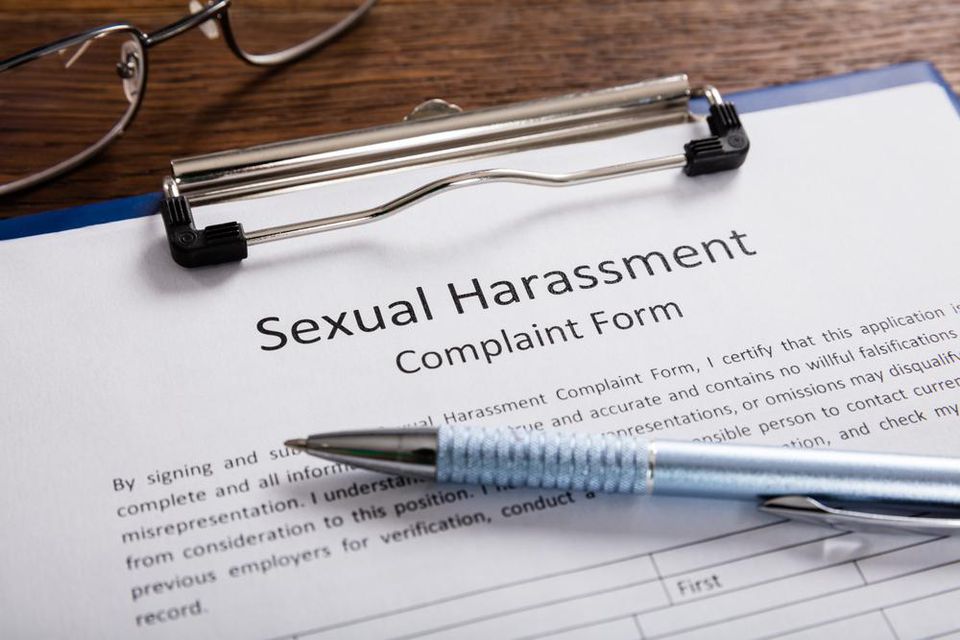
By Elissa Frank
On January 28, with much anticipation, New Jersey State Senators Loretta Weinberg and Vin Gopal introduced S3389, a bill which would “remediate and prevent discrimination and harassment” occurring in New Jersey’s political campaigns by: (1) requiring political campaigns to adopt and provide training on anti-harassment and anti-discrimination policies; (2) creating the Office on Discrimination and Harassment Prevention (“ODHP”), organized with the New Jersey Election Law Enforcement Commission (“ELEC”), a platform to file complaints against candidates and “political and campaign staff” members; and (3) appropriates $2,000,000 to carry out the purposes of S3389.
The bill’s provisions apply to, among other things, “campaign and political staff” members. “Campaign and political staff” members are defined as “any person, whether paid or unpaid, rendering personal, clerical, administrative, or professional services, including, without limitation, public relations, research, legal, canvassing, telephone, speech writing, or other such services[.]” However, the bill expressly excludes “such persons who are unpaid if they render such services four or less days during one calendar year” from the definition of “campaign and political staff.” The well-intentioned legislation would supposedly be a first step in combatting the sexism and misogyny rampant in NJ politics.
Unfortunately, S3389 is an inadequate response to the pain and trauma sexual harassment survivors in political campaigns have and continue to endure as a result of policies that fail to hold political candidates accountable for misconduct in their campaigns. It falls short of the comprehensive reform needed to address the prevalence of sexual harassment and discrimination on New Jersey’s political campaigns and achieve meaningful accountability.
The corrections to the legislation should include: (1) removing any restriction, as measured by “days worked” on a campaign, on who is considered “campaign and political staff” under the bill; (2) removing any restriction, as measured by “hours worked,” on political campaign staff members who will receive anti-harassment and anti-discrimination training; (3) shifting the focus of the bill’s definition of harassment to include prohibited discriminatory acts; and (4) holding all political candidates accountable for obtaining contact information of all campaign staff members, distributing to all the anti-discrimination and anti-harassment policy, and ensuring that all campaign staff members receive training in anti-discrimination and anti-harassment.
The bill’s drafters, Senators Weinberg and Gopal, did not address these critical priorities, but nevertheless introduced S3389, a bill that will not bring about the fundamental shift in accountability on political campaigns that is needed to protect women volunteers. The bill expressly prohibits complaints filed by or made against unpaid “campaign and political staff” who provide four or less days of work during one calendar year. But unpaid interns and volunteers who work only a few days during campaign season are commonplace, particularly during Get Out the Vote (“GOTV”) operations.
The bill, as written, would actually chill sexual harassment and discrimination reporting because volunteers who work four or fewer days on a political campaign are expressly excluded from filing complaints using the “easier” platform. It is essential that volunteers working four or less days are included in this bill, given the prevalence of sexual harassment and discrimination in New Jersey politics. Survey results released last summer by the New Jersey Coalition for Sexual Assault, found that 65% of the 505 women who participated in the survey reported that they had experienced harassment when they worked in New Jersey politics and government. Why should a harasser who works 5 days on a campaign be treated differently than one who worked “four days or less” and whose behavior may have been more egregious?
Similarly, S3389 also provides a 280-hour limitation for the number of hours of work that someone must give to a candidate or committee in order to receive anti-harassment and anti-discrimination training. Following the same “protect the harasser” reasoning, people working less than 280 hours on a campaign should also receive anti-harassment and anti-discrimination training – the number of hours worked is irrelevant. As shown by the New Jersey Coalition for Sexual Assault’s report, hundreds of women- and likely more were sexually harassed while working in New Jersey politics. New Jersey’s Legislature – and the Governor – should heed those reports by providing anti-harassment and anti-discrimination training to all involved with political campaigns- regardless of the number of hours worked- particularly if it can be provided online.
Also, the bill does not provide an adequate definition of “harassment,” limiting complaints to conduct that violates the federal law, Title VII, which is much narrower in scope than the New Jersey Law Against Discrimination.
Finally, the bill does nothing to hold political candidates accountable for sexual harassment or discrimination that occurs on the political campaign. The candidate himself/herself should adopt an anti-harassment and anti-discrimination policy to be distributed to all campaign staff members at the time of their participation on the campaign. The candidate should ensure that campaign staff – notwithstanding the number of hours worked – receives training on the policy and submits a certification denoting completion of the same. Also, since campaign staffers may spend only a few days working on the campaign, it should be the responsibility of the candidate to ensure that they get contact information for all people who commit any time to the campaign.
It is now time for the Legislature to pass meaningful and effective political campaign anti-harassment legislation. All campaign staff members need systems in place to safely report and discourage harassment and discrimination. The legislation that is ultimately passed must meet the critical needs required by this moment, when victimization of woe\men must be fought seriously and aggressively.
Elissa Frank, who wrote this blog, is a law clerk at Kates Nussman and is in her 3rd and final year at Rutgers Law School, where she is Editor-in-Chief of the Rutgers Law Record.

